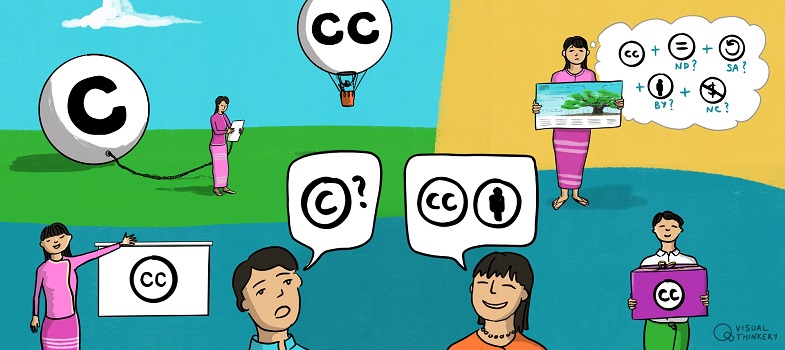Introductions
What would the world look like if copyright did not have any limits to what it prevented you from doing with copyrighted work?
Imagine resorting to Google’s search engine on your laptop or smartphone to settle a disagreement with a friend about some bit of trivia. You type in your search query, and Google comes up empty. You then learn that a court has required Google to delete its entire web index because it never entered into copyright agreements with each individual author of each individual page on the web. By indexing a web page and showing the public a snippet of the contents in their search results, the court has declared that Google violates the copyrights of hundreds of millions of people, and can no longer show those search results.
Fortunately, thanks to exceptions and limitations built into copyright laws in much of the world, this hypothetical situation is unlikely to become reality in many countries. This is one of many illustrations of why it is so important that copyright has built-in limitations and exceptions.
Reflection
Have you ever made a copy of a creative work? If you are studying or researching, how do you usually cite or reference materials? Have you ever asked permission to reproduce material for learning and teaching?
1.4 Exceptions and limitations to copyright
